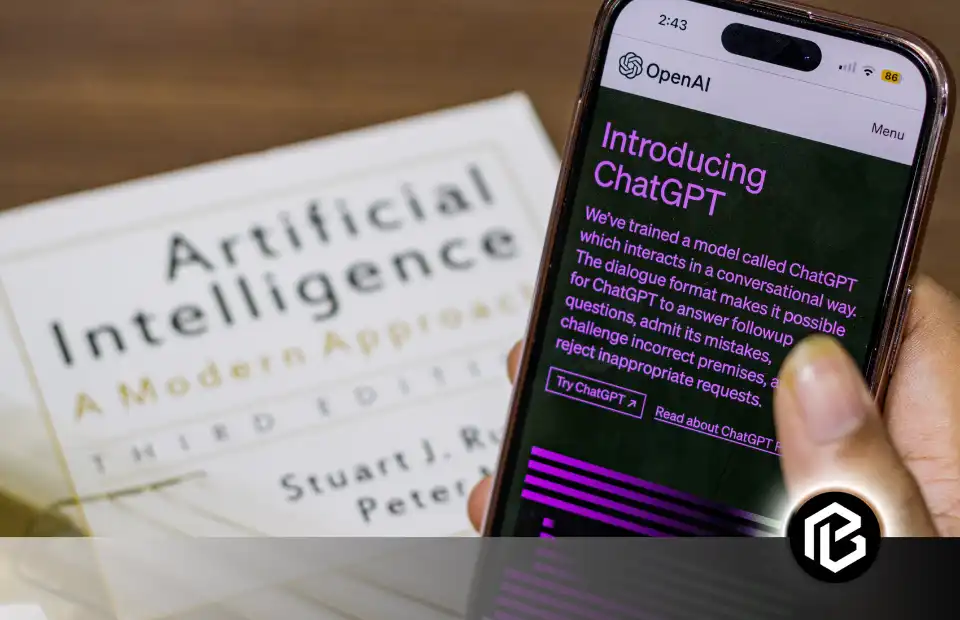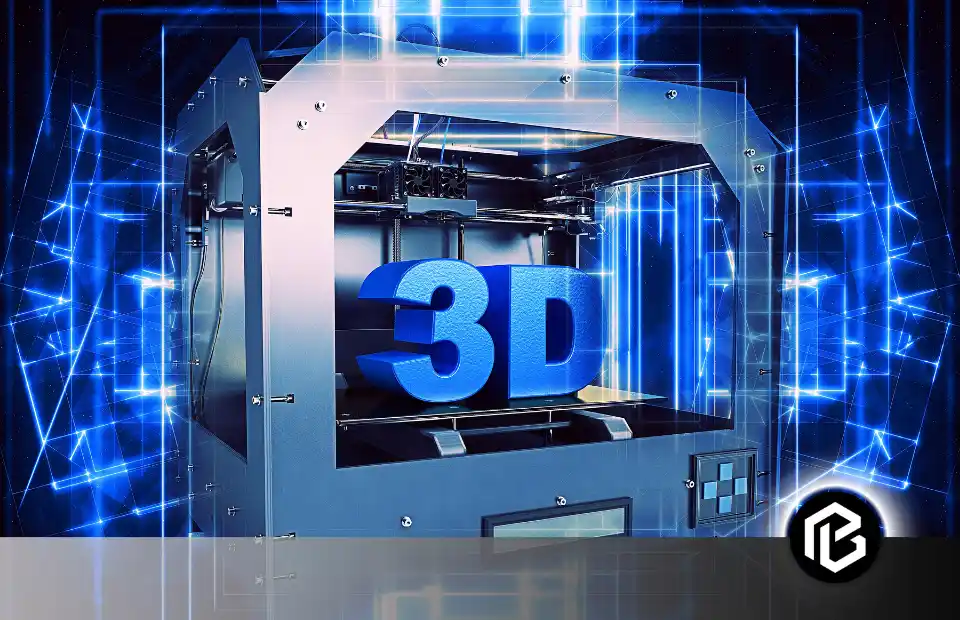Why is Quantum Computing Useful for Optimization Problems? In the world of problem-solving, especially complex ones, finding optimum solutions from a vast range of possibilities might sometimes be very challenging.
Quantum Computing performs certain calculations much faster than classical computers. Classical computers are quite smart but also need a hand when optimizing complex problems. That hand comes in the form of quantum computing. Quantum computers can solve complex problems that are difficult for classical computers.
Applied Quantum Computing refers to the practical implementation of principles of quantum computing. Quantum Computing is a blend of superheroes of problem-solving like superposition and entanglement, leading to a revolutionary approach to problem-solving.
- Quantum Entanglement
- Quantum Superposition
- Exponential Speedup
- Parallelism Due to Quantum Computing
- Quantum Annealing
- Global Optimization
- Adaptive Algorithms
- Combinatorial Optimization
- Reduced Complexity
- Hybrid Approaches
- Quantum Walks
- Quantum Adiabatic Evolution
- Conclusion
- Frequently Asked Questions on Quantum Computing
Quantum Entanglement
In quantum computing, entanglement is a phenomenon where two or more particles have a special connection. The connection between the particles is that the state of one instantly influences the state of the other particle. This ability makes the optimization algorithms work faster and more efficiently and find the best solution for complicated problems. Entanglement helps quantum computers handle information in a way that regular computer processes cannot match.

Quantum Superposition
Quantum superposition is another important principle of the quantum world. Quantum superposition is a phenomenon in which quantum bits can exist in multiple states simultaneously. In traditional computing, bits can only have one state at a time. But in quantum computing, qubits (quantum bits) in the superposition state can exist as 0 and 1 simultaneously. This quantum flexibility enables computers to explore a multitude of possible solutions concurrently.

When finding the solutions for optimization problems, quantum superposition allows computers to explore multiple possible solutions simultaneously. Parallel processing enables efficient finding of optimal solutions, especially in complicated scenarios.
Exponential Speedup
Classical computers can take a long time to solve big problems. But quantum computers can solve some of the optimization problems much faster. They use special bits called qubits, which can be in multiple various states simultaneously.
Traditional computers solve problems one step at a time. But quantum computers can look at lots of different solutions all at once. This helps them find answers more efficiently.
Parallelism Due to Quantum Computing
Parallelism refers to the processing of multiple tasks at the same time. Regular computers check solutions one by one. But quantum computers can check multiple solutions at the same time. This helps them quickly look through many possible answers, which is handy for solving big problems with many options.
Quantum Annealing
Quantum annealing is like adjusting things gradually until you find the best answer. It’s like tweaking a recipe until it tastes just right. This method helps to find the best or almost the best solution without trying every possibility.

Global Optimization
Quantum computers are the best fit for solving optimization problems than classical computers. They can provide better answers that lead to more insightful paths for complex problems. Quantum computers are globalized because these computers provide better answers. They can handle multiple variables interacting simultaneously. To calculate simple solutions, it divides intractable complexity into bits.
Quantum computing can perform operations on a combination of all possible solutions. Therefore, for several reasons quantum computers are a game-changer in revolutionizing optimization issues over various industries.

Quantum computing is active in various areas such as portfolio optimization in finance, medicate disclosure, and molecular recreation for the improvement of modern treatments, optimizing supply chain and coordination such as stock levels, and routes, and energy network optimization.
Adaptive Algorithms
Christian Arenz, the assistant professor of electrical engineering in the School of Electrical, Computer, and Energy Engineering, and his collaborators worked on past quantum algorithms to develop adaptive quantum algorithms.
Adaptive algorithms help in adjusting the size of the quantum circuit. Adding more gates can expand the adaptive algorithms by figuring out more calculations based on outcomes made by quantum computers. This increases the size of the quantum circuit as much as possible to get the best result after a calculation.

Adaptive algorithms are the ‘best guess’ because of computing solutions. The team is looking to improve the adaptive algorithms by adding a crucial element to algorithms. As a result, quantum computers ensure the best optimal solution guaranteed by quantum computations.
Combinatorial Optimization
The optimization is a combination of both quantum computing and combinatorial optimization. It is a subfield of optimization filed in mathematics. In combinatorial optimization, a problem has a finite number of solutions; the goal is to find the optimal solution from those possible solutions. Even if the solution is not optimal, it will be sufficient to be almost optimal. There are several combinatorial optimization algorithms available for that.
The combinatorial algorithm also aims to find approximate solutions. The Quantum Approximate Optimization Algorithm (QAOA) and Variational Quantum Eigen solver (VQE) are the most widely used algorithms for this purpose. These are mostly used to solve chemistry problems. These algorithms have evolved into a family of algorithms.
Reduced Complexity
A quantum complexity is a collection of solvable computational problems by certain computational models that obey some necessary resource constraints. For instance, BQP is a quantum complexity class of all decision problems. All these problems can be solved in polynomial time by a quantum computer.

In the case of computers and complex computational theories, reduction is an algorithm that transforms one problem into another. An efficient reduction from one problem to another can be used to show that the second problem is easier to solve than the first one.
Theoretically, a quantum computer can solve problems with lower complexity than a digital computer. The same is the case with analog computers. A quantum computer can solve nothing that an analog computer can’t. However, quantum computers can practically be much faster than analogue computers due to the size of their components.
Hybrid Approaches
Hybrid computing leverages elements from different technologies to improve overall performance. It can be understood by a simple idea: a quantum computer and a classical computer working together to solve a problem.
In one way, it describes the whole of quantum computing. It says we depend on classical computers to run a quantum computer. Hybrid computing means an approach that fosters back-and-forth collaboration where different aspects of a problem move between the quantum and classical tools. Therefore, hybrid quantum-classical algorithms may be one of the best ways to get out of a current quantum computer.
In today’s world, hybrid computing encompasses both IonQ’s quantum systems and classical cloud computing together. It is expected to see in the future the combined, on-premise hybrid platforms to improve efficiency and utility. It will all become so integrated one day that all cloud computation will be hybrid. Then, the user won’t need to know what computer performs what task. All they will experience is better results.
Quantum Walks
Quantum walks use special quantum rules. These rules help them explore efficiently and find the best routes quickly. It’s like having a super-smart GPS that knows all the shortcuts. This can help solve problems much faster than regular methods.

Quantum Adiabatic Evolution
Quantum adiabatic evolution is like starting with an easy puzzle and slowly making it harder until you find the perfect fit. You stay focused on the puzzle the whole time, hoping to find the best solution. It’s like slowly turning up the difficulty level until you get the desired answer.
Conclusion
In the quantum world, with the phenomenon of superposition and entanglement, quantum computers are well-suited to solve optimization problems. The global optimization and combinatorial optimization in quantum computing showcase the versatility of quantum solutions across multiple industries.
Quantum computing can now assist organizations in resolving optimization problems through quantum computers. In today’s world of ever-growing technology, quantum computing plays a great role in finding efficient solutions for optimization problems.
Frequently Asked Questions on Quantum Computing
Why is quantum computing useful for optimization problems?
Quantum computing is useful for optimization problems because it can explore multiple solutions simultaneously, thanks to the phenomenon of quantum superposition. This allows quantum algorithms to search vast solution spaces more efficiently than classical algorithms, making them well-suited for optimization tasks.
What types of optimization problems can quantum computing address?
Quantum computing can address various types of optimization problems, including combinatorial optimization (e.g., traveling salesman problem, graph coloring), numerical optimization (e.g., portfolio optimization, parameter estimation), and constraint satisfaction problems (e.g., scheduling, resource allocation).
What are some examples of quantum algorithms for optimization?
Examples of quantum algorithms for optimization include Grover's algorithm, which can search unsorted databases for a desired solution with quadratic speedup, and quantum annealing algorithms, such as Quantum Approximate Optimization Algorithm (QAOA), which can find approximate solutions to combinatorial optimization problems.
Are there any challenges associated with using quantum computing for optimization?
Yes, there are limitations and challenges associated with using quantum computing for optimization, including qubit coherence and error rates, qubit connectivity and scalability, noise and decoherence effects, as well as the need for specialized hardware and quantum algorithms tailored to specific optimization tasks.





